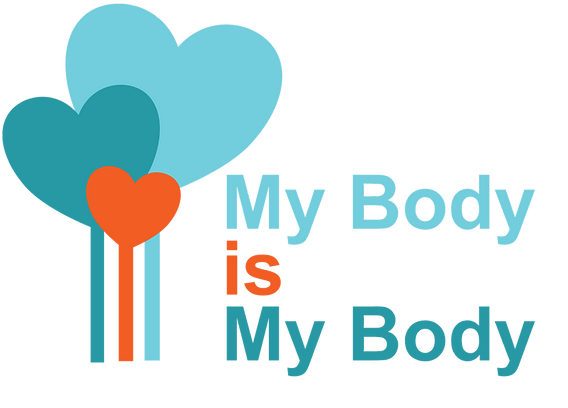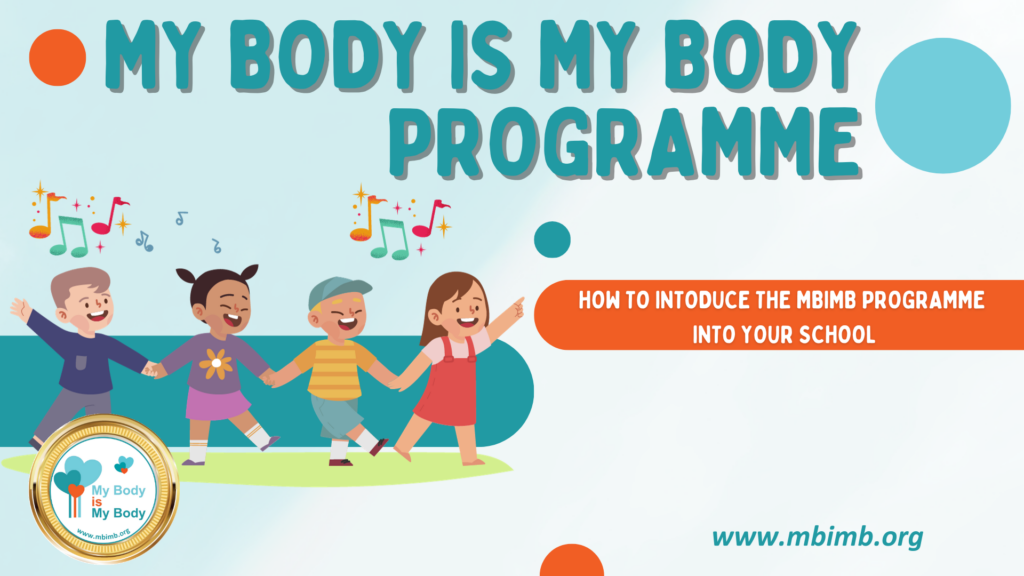Expressing Breast Milk: A Guide for New Moms

Excerpts from our course “ESSENTIAL TIPS FOR NEW MOTHERS”
Breast milk is the perfect food for your baby, providing all the necessary nutrients for healthy growth and development. However, there may be situations when breastfeeding is not possible or convenient. In such cases, expressing breast milk can be a lifesaver. In this blog, we will discuss the benefits of expressing milk, tips for manual and electric pumping, and storage guidelines.
Section 1:
Why express breast milk? Expressing breast milk can provide many benefits for both the mother and baby. It can ensure that the baby receives breast milk even when the mother is not available for breastfeeding. It can also help stimulate milk production and relieve breast engorgement. Moreover, expressing breast milk can be useful in the following situation
- If the baby is premature or has health issues that prevent breastfeeding, expressing milk can provide a source of nutrition.
- If you would like to return to work or school, expressing milk allows you to continue providing breast milk for your baby.
- If your baby has difficulty latching on or sucking effectively, expressing milk can allow you to feed your baby in other ways.
Section 2:
Tips on expressing milk manually Manual expression is the simplest and most natural way to extract milk. It requires no equipment and can be done anywhere. Here are some tips for successful manual expression:
- Wash your hands thoroughly before starting.
- Gently massage your breast to stimulate milk flow.
- Cup your breast with your fingers and thumb and apply gentle pressure.
- Compress your breast from the outer edges towards the nipple in a rhythmic motion.
- Collect the milk in a sterilized container.
Section 3:
Tips on expressing milk with a breast pump A breast pump is a handy tool that allows you to express milk quickly and efficiently. Here are some tips for using a breast pump:
- Choose a breast pump that is comfortable and effective at extracting milk. Electric pumps are faster and easier to use, but manual pumps are more affordable and portable.
- Clean and sterilize all parts of the pump before and after use.
- Position the pump funnel over your breast and ensure a good seal.
- Start pumping at a low setting and gradually increase the suction until you feel comfortable.
- Collect the milk in a sterilized container and label it with the date it was expressed.
Section 4:
Storing expressed milk Expressed breast milk can be stored in the refrigerator or freezer until it is needed. Here are some guidelines for storing breast milk:
- Store breast milk in a clean, sterilized container with a tight-fitting lid.
- Label the container with the date and time the milk was expressed.
- Store breast milk in the refrigerator for up to 4 days or in the freezer for up to 6 months.
- Thaw frozen breast milk in the refrigerator or by placing the container in warm water.
Section 5:
Final tips – Here are some additional tips for successful expressing breast milk:
- Express milk frequently to maintain milk production.
- Avoid skipping breastfeeding sessions if possible, as this can decrease milk supply.
- Stay hydrated and eat a healthy diet to ensure adequate milk production.
- Seek help from a lactation consultant if you experience any difficulties with breastfeeding or expressing milk.
In conclusion, expressing breast milk can be a valuable tool for new moms. Whether you choose manual expression or a breast pump, it is essential to follow proper hygiene and storage guidelines to ensure the safety and quality of the milk. With patience and practice, you can successfully provide breast milk for your baby, even when you are not physically present.
Essential skills for new mothers course includes:
Returning Home With Your New Baby
• Returning Home With Your New Baby
• The Umbilical Cord
Breast Feeding• Breastfeeding
• Mastitis
• Breast Compression
• Expressing Breast Milk
Crying Babies
• How Can I Soothe My Crying Baby?
• How Can I Tell If My Baby Is Teething?
• How Can I Put My Baby To Sleep?
• Using Dummies, Pacifiers
• What Is Swaddling?
Baby Hygiene
• Bathing Your Baby
• How Do I Change a Baby’s Nappy Or Diaper?
• Baby Hygiene – Important Points To Remember
How can I tell if my newborn baby is sick?
• How Can I Tell If My Newborn Baby Is Sick?
• What Is Jaundice?
• Why Do Newborn Babies Suffer From Colic?
• What To Do If Your Newborn Has Diarrhoea
Extra Tips
• How Should I Exercise My Newborn?
• Vaccinations
• Vitimin K
- The Umbilical Cord
- Breast Feeding
- Mastitis
- Breast Compression
- Expressing Breast Milk Crying Babies • How can I soothe my crying baby?
- How can I tell if my baby is teething?
- How can I put my baby to sleep?
- Using Dummies, Pacifiers
- What is swaddling?
Baby Hygiene
- Bathing your baby
- How do I change a baby’s diaper or nappy?
- How Can I Tell If My Newborn Baby is Sick?
- What Is Jaundice?
- Why do newborns suffer from colic?
- Extra Tips
- How should I exercise my newborn baby?
- Baby Hygiene – Important points to remember
- Vaccinations





His Grace Orphans Ministry is seeking financial support to facilitate the implementation of MASAKA CHILDREN AND YOUTH EMPOWERMENT PROJECT (MCYEP), with the aim of improving the socioeconomic empowerment of 148 vulnerable children and youths (Female=74; Male=74) through support with income generating activities. This project will be implemented in Nyendo Mukungwe Sub County, Masaka City, and is premised on the existence of several unemployed youth living in abject poverty in the proposed area. According to the Second Five Year Masaka District Development Plan [LDDP], 2015/16 – 2019/20), Masaka District 17.3% of children in the district live under conditions of serious deprivation or danger. Unfortunately, the same vulnerable children grow up to become vulnerable youths with high levels of deprivation, and activities that would foster their economic empowerment have always remained an un-funded priority in the district (LDDP, 2015/16 – 2019/20). This increase their risk to significant threats to their survival and well-being as well as profound life cycle risks that have an impact on human, social, and economic development, have remained persistently high. These challenges have been exacerbated by the COVID-19 Pandemic which has subjected many youths and young people to unintended pregnancy, school drop-outs, and other negative impacts.
Therefore, in the bid to improve plight of vulnerable children and youth the project will support activities income generation and economic empowerment of vulnerable children and youths. In addition to supporting with economic empowerment activities, MCYEP will incorporate elements of sensitization and referral for Human Immune Virus (HIV) prevention, gender-based violence (GBV), and child protection. This is because children and youth in Lwengo District experience abuse, violence and exploitation, and also face significant threats to their survival and well-being as well as profound life cycle risks that have an impact on human, social, and economic development (LDDP, 2015/16 – 2019/20). Further, the prevalence of HIV in the district stands at 6.3% (higher than the national prevalence of 6.0% (Uganda population HIV impact assessment, 2016), and vulnerable youths and children are more affected due to their social and economic exclusion (LDDP, 2015/16 – 2019/20). However, the district is faced with financial constraints, which hinders effective provision of services to vulnerable youth and children. Hence, this project aims at improving the quality of life of vulnerable youth and children through fostering economic empowerment as well as promoting the prevention of HIV, GBV, and other forms of injustice against children and young people.
Thank you for your message Stephen and congratulations on becoming an Ambassador for MBIMB.
I look forward to helping you initiate the programme in your community.
Best Wishes
Chrissy